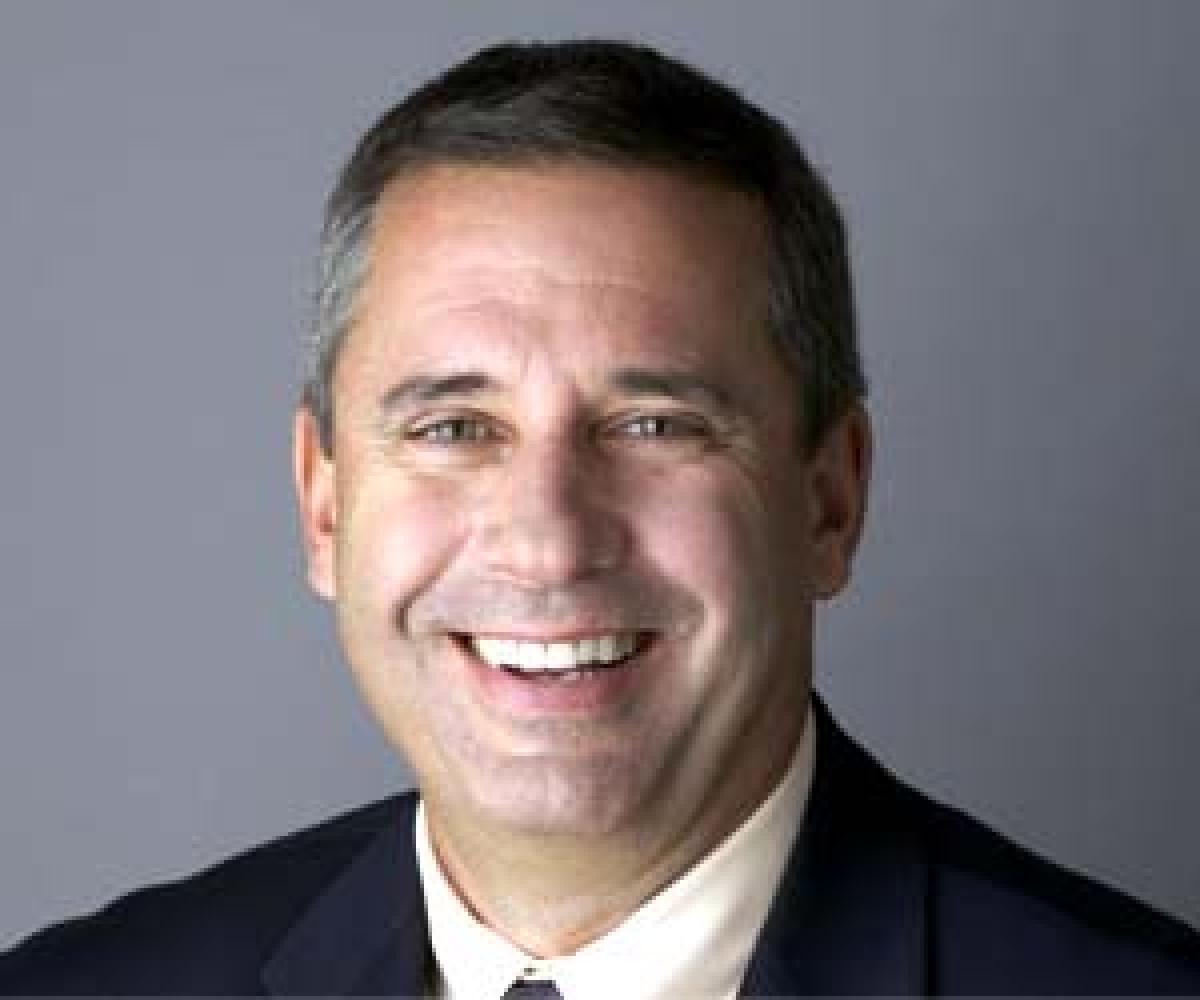Live
- TGMFC readies to roll out slew of sops for minorities
- KT Rama Rao Slams Congress for Inconsistent Stance on Adani Group Monopoly
- Dasarathi Krishnamacharyulu: A Revolutionary Poet and Icon of Telugu Literature
- Howzzat! DGP opens cricket tourney for blind, eight teams to participate
- CM Revanth Reddy Pays Tribute on the Death Anniversary of Dasarathi Krishnamacharyulu
- Salman Khan Receives Fresh Threats: Bishnoi Gang Demands Apology or ₹5 Crore
- OU V-C releases poster on physics workshop
- MP CM Ramesh worships Lord Balaji
- Dinakar moots linking of Central schemes for Swarnandhra
- Shaivite temples packed with devotees









